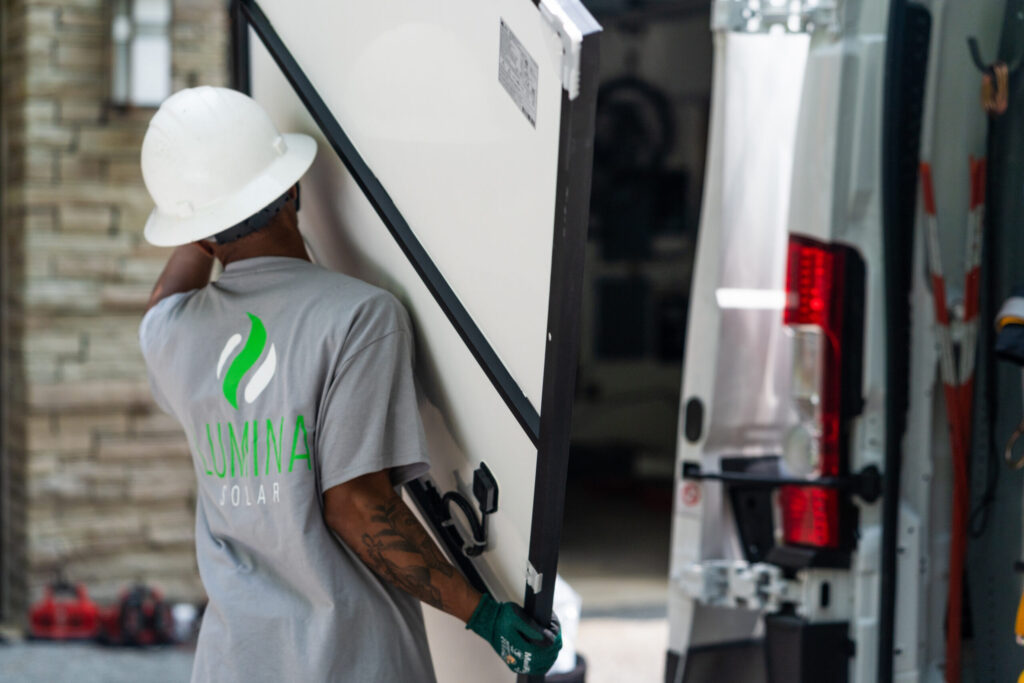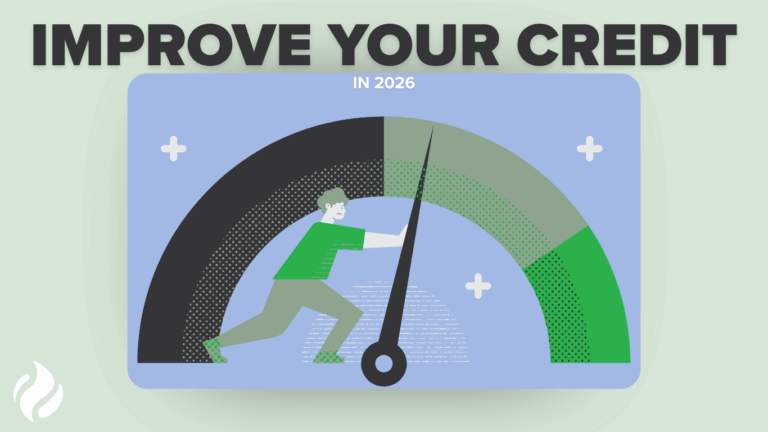Congratulations! The fact that you’re reading this means you’re taking the first step to deciding if solar panels are right for your home. In most cases, the answer will be a resounding yes! And we’re here to help you feel confident in that decision. Investing in green energy can seem a little daunting and you may have some questions, such as:
- How long will solar panels last?
- What happens if my solar panels stop working?
- Can a solar panel get fried in an electrical storm?
- How much is this going to cost?
Let’s focus on your Maryland home. How long do solar panels last in a state where you can expect mild to pretty harsh weather (and everywhere in between), depending on the season? It’s pretty standard across the industry that most solar panels have a long-term warranty on them (typically 25 years), which leads consumers to believe that their panels will last at least that long – but is that really the case? Let’s find out.
Solar Panel Degradation Rates
The first thing to consider about solar panels is that, regardless of where they’re installed, they’re a piece of equipment that is exposed to the elements. Overtime – as with any piece of technology or machinery – there is bound to be some degradation in the output quality. However, solar panels hold up remarkably well – mainly because they don’t have any moving parts and sitting out in the sun all day is their job (unlike a car, which would quickly begin to show signs of wear).
In most cases, you can expect solar panels to degrade at a rate of about 1% per year, although recent studies have shown that the solar panels being installed today actually degrade at a rate of about .4%- .6% per year. This means that in 20 years, when your warranty is up, your solar panels will still be producing between 80% and 92% of their maximum output. That’s impressive!
Solar Panel Lifespan
So, now you know that after 25 years you can expect a decline in output from your solar panels – but what’s the actual lifespan of a solar panel? It wouldn’t be unreasonable to assume that something left exposed to the elements through scorching heat waves and intense blizzards might not hold up that well year after year. But, happily, you’d be wrong.
There’s only so much data available about the lifespan of solar panels since – relatively speaking, it’s fairly new technology which has only gone “mainstream” within the last decade or so. But the information that does exist is exciting. The first “modern” solar panel is still working after 60 years, and Kyocera has reported solar panel installations that are still functioning and producing electricity 30 years later. Given that technology has obviously improved by leaps and bounds in the last 30 years (nevermind 60!) it’s safe to assume that solar panels that are installed today will have a fairly lengthy lifespan and would likely last far longer than you’ll remain in your home since people move – on average – 11 times over the course of their entire life.
Are you ready to learn how solar panels can save you money?




